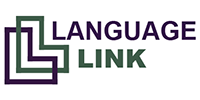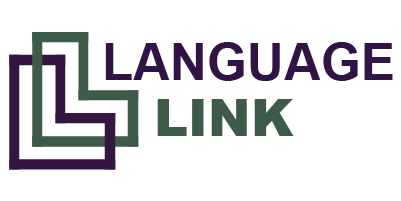English is currently the language of international academia and non-English-speaking students are increasingly required to attend English-speaking universities to study and conduct their research through the medium of English. EAP (English for Academic Purposes) trains students how to adequately comprehend, assimilate and present complex information in spoken and written English and it provides them with the required language skills (listening / reading / speaking / writing) to succeed in a variety of academic contexts. In this highly interactive course, participants will develop transferable skills in listening comprehension, oral intelligibility and written expression through intensive group work, practical exercises and individual presentations. The aim of this course is to provide participants with targeted vocabulary and related grammar structures, which will help them to decode and articulate the most intricate academic concepts and arguments in an effective and economical manner.
The programme includes:
Participants will learn how to:
Who should attend?
English for Academic Purposes
Language Link > English for Academic Purposes

